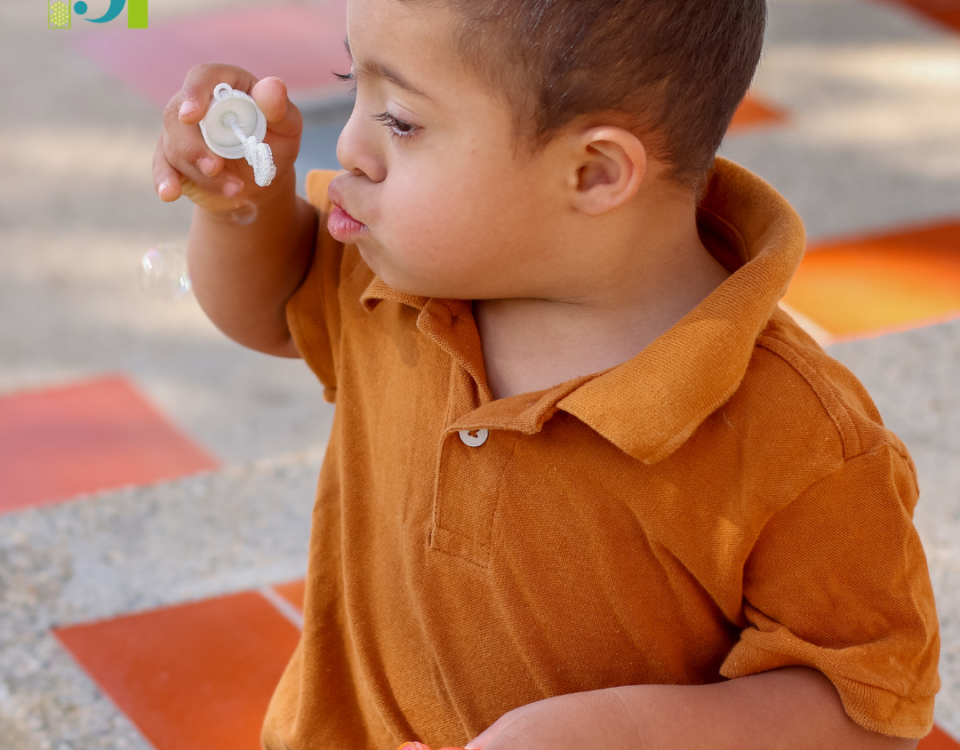Importance of Homeopathy For Treating Autism
As a significant curative treatment for autism is not available, a large number of people turn towards homeopathy as a remedy. Homeopathy has always been in the news when it comes to treating symptoms related to autism spectrum disorder (ASD).
This potential of exploring homeopathy when it came to treating symptoms related to autism gained relevance in the early 2000’s. It was reported that the introduction of secretin which was in-fact a gastrointestinal hormone, led to the improvement in symptoms related to autism.
This was due to the acceptance of the opioid excess theory which considers autism as a metabolic disorder. The proponents of this theory believed that certain symptoms of autism, in particular, those related to social and language skills were associated with high levels of the peptide. The secretin here regulated the release of substances in the gastrointestinal tract. However, some evidence also hinted at the fact that secretin also lowered the levels of these peptides. Thus, homeopathic secretin treatment always improved neurological functioning in those who suffered from autism and also led to alleviation of symptoms related to the same.
However, as there was no clear direction leading to future research on this topic, those interested also lost the momentum. In a literature review paper published in the year 2014, it was said that in fact the year 2005 was the last time when a rigorous clinical trial on the relationship between homeopathy and autism was done.
However, not all was lost and it is believed that many clinics and patients still continue to report benefits when it comes to using principles of homeopathy in relation to autism. When it comes to future of homeopathy in context to its relevance to autism, it is believed that holistic homeopathic treatments can be successfully used to treat symptoms related to autism.
The research on positive relations of homeopathy with autism has also got a boost from the significant positive influence of the use of homeopathic treatments in controlling disease conditions and neurological disorders such as ADHD.
This ray of hope gets brighter with the assurance that researchers are now working on identifying and filling the gaps which remain in use of homeopathy in the context of autism. The future certainly holds something positive in this regard.




